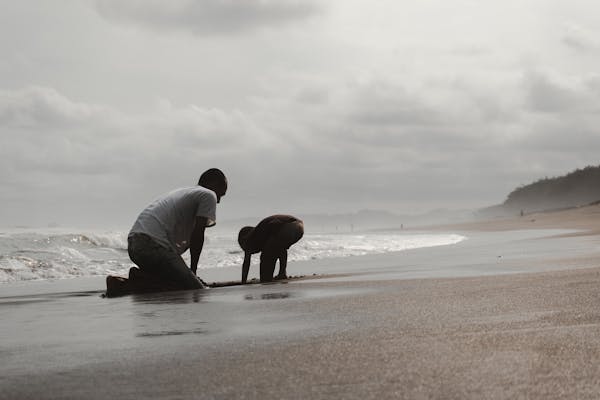Adoption organizations became the middleman to meet each requires. And in the rush to create fantastic family members — and to acquire a payment for every little one they positioned — agencies like Louise Wise blurred what, by means of today’s lens, are apparent moral strains.
Not only did the agencies are unsuccessful to look at “the lifelong psychological effect of girls who were being hidden absent in disgrace through pregnancy, anticipated to lie about it at any time immediately after and then told to put their toddlers out of their minds,” Glaser writes, but they also unsuccessful to give a lot thought to “the feelings of the adoptees who were being brought up to assume their biological mother and father hadn’t desired them, and that — irrespective of how cherished they had been — they were being their adoptive parents’ ‘second choice’ to organic offspring.”
Even worse than people omissions, even so, ended up acts of fee: Identical twins and triplets placed in separate properties, then analyzed for similarities and variances. Babies born to institutionalized psychiatric sufferers who have been positioned with family members not told of that reality. Singletons who expended months bouncing from just one foster household to one more till an “expert” could identify regardless of whether they were being mixed race. (Louise Clever relied on Harry Shapiro, a forensic anthropologist at the American Museum of Organic Historical past, to make the contact.) The company applied the lag time for this sort of experiments as taking pictures rubber bands at the soles of tender infant feet to see if quickness to cry was connected to intelligence.
Was all of the earlier mentioned the result of ignorance? Defenders of the system have argued that expertise of genetics and infant development again then was rudimentary, and that these possibilities were being produced with the most effective of intentions. Glaser, however, is persuasive in her argument that the actions at finest disregarded inconvenient proof, and at worst acted in spite of it. For occasion, as David idled in foster treatment, there were being current reports proving the worth of attachment and the damage of moving an infant from one foster mom to the future.
Even if just one is inclined to give benefit of the doubt to early company choices, it is more difficult to reconcile later on ones. When David turned 20, Margaret frequented the company to update health care information and facts — by then her husband experienced formulated diabetes, demanded dialysis, and was on the record for a kidney transplant — and to go away her speak to info ought to her son ever have to have it. The personnel refused to let her in and even threatened to connect with the law enforcement. Nearly 20 several years later, David as well experienced diabetes, was on dialysis and desired a kidney transplant. The agency that experienced inherited his information refused to share any facts.
All close to them, the world was modifying. Feminism, the beginning control pill and Roe v. Wade gave ladies in Margaret’s scenario a completely various set of choices. The amount of toddlers surrendered for adoption in the United States dropped 26 per cent involving 1970 and 1975. The quantity of partners seeking to adopt fell as nicely, as reproductive medicine amplified their potential to conceive.
The adoption legal rights movement acquired traction, arguing that “access to one’s possess beginning certificate is a human and civil right.” As a outcome, 10 states opened formerly sealed adoption documents, although New York did not do so until finally 2019, and some of the premier — Texas, California and Florida — are nevertheless shut. In lots of instances the availability of authorities records is a moot position, as genetic screening firms make it doable for adoptees and start mom and dad to discover 1 one more with a swab and a membership payment.





